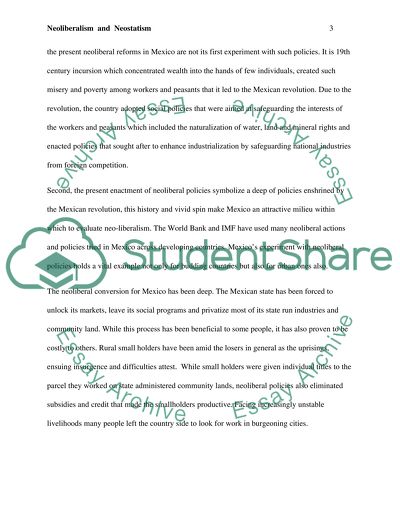Cite this document
(“In the past thirty years or so, which approach has proven more Essay”, n.d.)
Retrieved from https://studentshare.org/history/1476551-in-the-past-thirty-years-or-so-which-approach-has
Retrieved from https://studentshare.org/history/1476551-in-the-past-thirty-years-or-so-which-approach-has
(In the past Thirty Years or So, Which Approach Has Proven More Essay)
https://studentshare.org/history/1476551-in-the-past-thirty-years-or-so-which-approach-has.
https://studentshare.org/history/1476551-in-the-past-thirty-years-or-so-which-approach-has.
“In the past Thirty Years or So, Which Approach Has Proven More Essay”, n.d. https://studentshare.org/history/1476551-in-the-past-thirty-years-or-so-which-approach-has.


